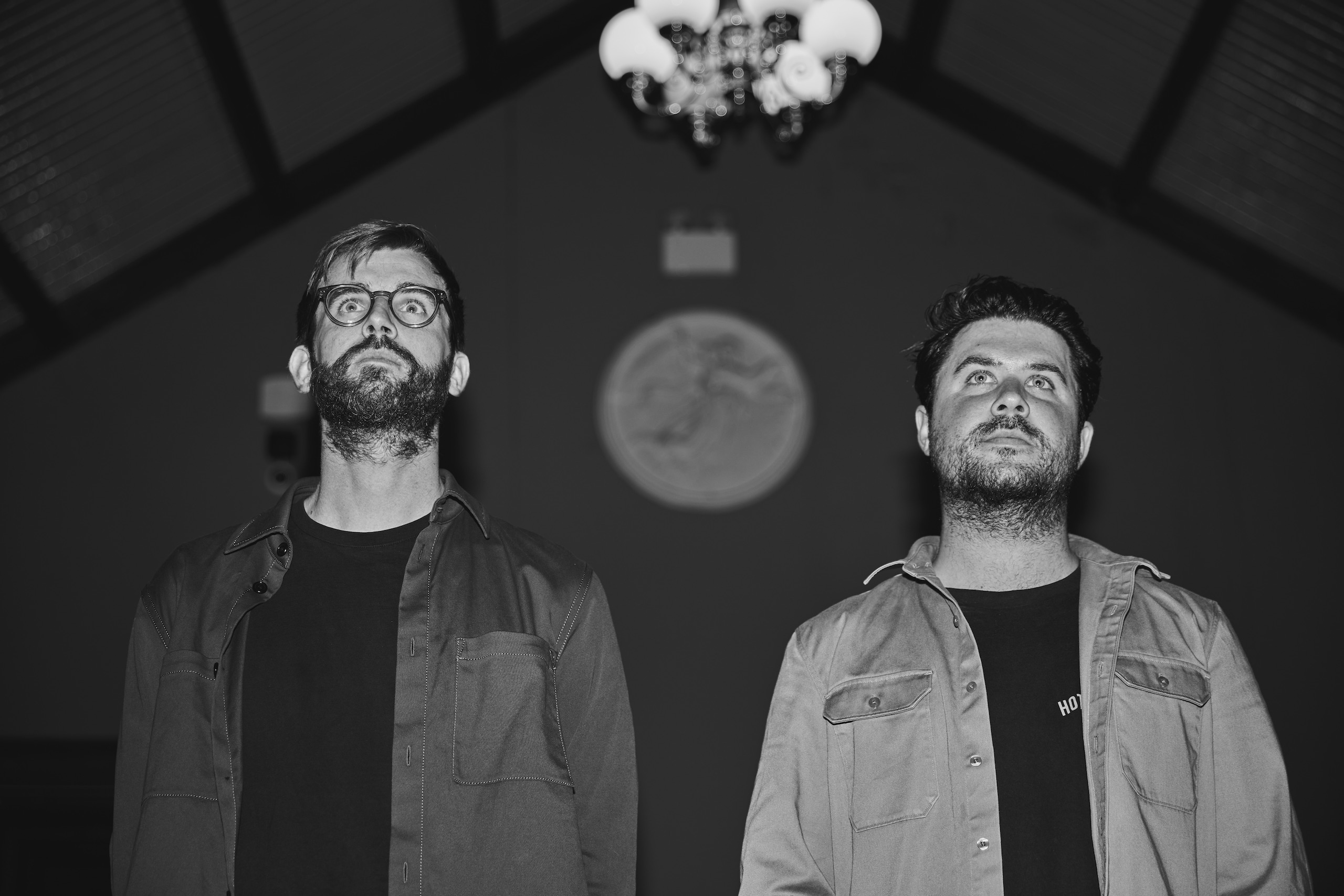It fits thematically that JOHN should be studying their craft for a record that explores the intricacies of continual labour, and furrows the dirt on a 24-hour culture that rewards instant gratification. But there’s no value judgement offered; no oblique criticism beyond realising its peculiar redundancies. The photograph adorning the front cover, too, is an alluring look inside the iconic Crystal Palace Bowl pictured on their debut album – an austere image that creates an uncanny, endless loop in their discography.
“It became more obvious during lockdown that there are these people working throughout the night,” says Johnny, “these unknown bodies that keep the city running. We were rehearsing quite late, too, and these nocturnal manoeuvres became a really interesting subject for us to think about. When you play a show and you don’t get home until 3am, only to wake up, travel all day, play another show and get home at 3am, you become part of that system.”
“It’s capitalism versus natural order,” adds John. “Invaded sleep. We’ve never wanted to talk about blanketed political themes in our music; we’ve wanted to write vignettes of these everyday moments and through that the politics can come, and people can impose politics on it afterwards.”
It reminds me of a Leonard Cohen quote, that a person’s first rebellious act is the refusal to sleep. “But it’s almost become the other way round now,” says John. “Capitalism has enveloped everything. It’s commercialised sleep. The body’s natural Circadian rhythm becomes interrupted by making money.” Later, on the bus home, billboards advertise mattress sales, and a woman smiles next to a bottle of vitamins with the slogan “aren’t you tired of feeling tired?”. Relaxation apps to help you sleep intersperse songs with neurologically composed frequencies.
“But I’ve always found that my favourite people were the ones who stayed up late and got up late,” says Johnny. “My aunty, who was an artist, could never go to sleep before 4am, and would never get up for any family event before midday. She was always her own person. I loved the idea of people doing creative things at night, when everyone else is in bed.”
“It’s kind of like the Edward Hopper painting [‘Nighthawks’],” says John, “the classic American diner where there’s someone perched at a stool, alone.” It portrays a strangely seductive detachment, an equal ability and inability to exist in an urban space. “We talked a lot about security guards in the city. It’d seem like such a bizarre thing if you came down as an alien to Earth and saw this person protecting a big shiny, empty building. A lot of these new songs are trying to uncover these potentially redundant human conventions that we don’t see because of tradition. Sometimes we become so clouded in an idea of normality that things don’t get questioned. That’s where art can be the perfect thing to step in and say, ‘What the fuck are we doing?’”
